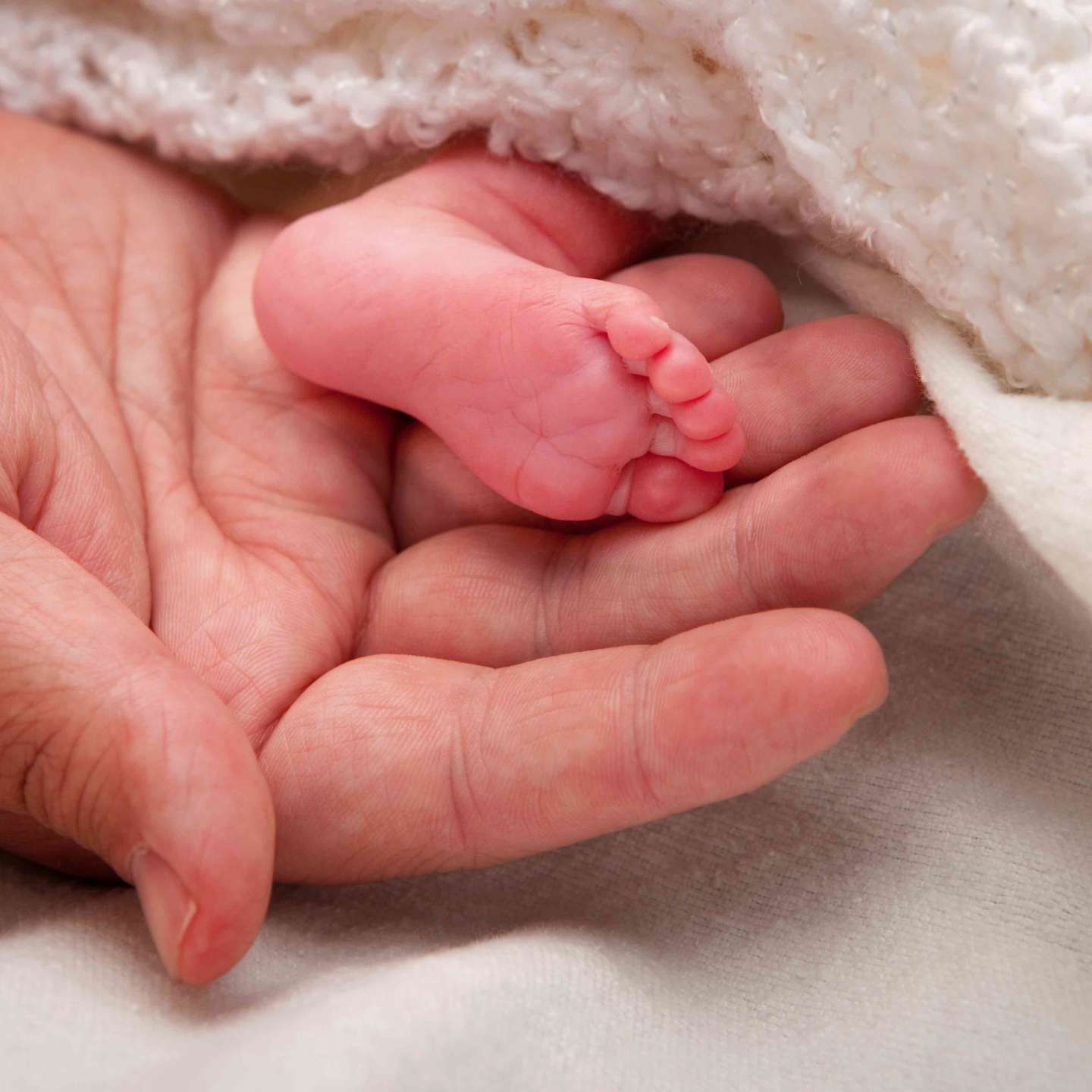“When a child loses his parent, they are called an orphan. When a spouse loses her or his partner, they are called a widow or widower. When parents lose their child, there isn’t a word to describe them. This month recognizes the loss so many parents experience across the United States and around the world. It is also meant to inform and provide resources for parents who have lost children due to miscarriage, ectopic pregnancy, molar pregnancy, stillbirths, birth defects, SIDS, and other causes.”
-President Ronald Reagan
Miscarriage, stillbirth, and infant loss are much more common than you might think. In the United States, an estimated 10 to 15% of pregnancies end in miscarriage¹, while 1% of pregnancies end in stillbirth ² and 6 in 1,000 live births result in infant death³.
in 1988 October was declared National Pregnancy and Infant Loss Awareness Month by President Ronald Reagan. In the nearly 30 years since, the medical and support communities have made great strides in caring for families who have suffered a loss, but this issue has in no failed to enter the mainstream collective consciousness the way other issues have.
This October, I’m doing my part to spread the word about pregnancy and infant loss, and here are five ways you can help to not only raise awareness, but also honor and comfort those who have lost a child.
- Talk about it
The death of a child is a difficult topic for all involved. When I talk to people about losing my son, obvious discomfort is too often clearly displayed across their faces. In a weird twist of irony, I feel the need to comfort them because of the stress the conversation has caused. To prevent these awkward exchanges, I usually remain silent about the circumstances under which I became a parent.
Every parent loves to talk about their child, but for those whose children are no longer with us, the opportunity almost never comes. It is a pleasure when I encounter that rare soul who graciously asks normal mom questions about Ethan. “How much did he weigh?” and “Did he have any hair?” My advice? Just act natural about it, and I will, too.
- Don’t compare
Although the essence of grief is universal, every loss is different. Don’t try to offer comparisons like your miscarriage to my infant loss, or a preterm labor scare to a friend’s stillbirth experience. Simply admit that you have no idea what they are going through, but that you understand that it is a great loss.
- Don’t complain
Don’t complain about your stubborn pregnancy weight or your smart-aleck children. This is good advice regardless of whose ears are listening. It’s not easy; being a parent is hard, I know, but the responsibility of raising a human being is one of life’s greatest honors. When I hear people whine about their kids, all I can think of is how much I would give to spend weekends helping with a 2nd grade science project, or trying to discipline a sassy tween. Appreciate your own children for the miracle that they are.
- Remember
When my mom had family shirts made the Christmas after Ethan’s death, she ordered an infant-sized tee for me to keep. Even though Ethan would never wear it, the kindness of inclusion still moves me today. Each year on Ethan’s birthday, I am simultaneously touched by the people who remember Ethan’s birthday, and saddened by those who seem to forget. Grand gestures are not required, but great comfort comes from a simple act that lets someone know you are thinking of them.
- Spread the word
When I lost my son, I was surprised by the number of people who, for the first time, shared with me stories of similar losses. Many of them were people I had known for years. I wish more people shared their stories, and that the general public had a better understanding of how common pregnancy and infant loss is. Help me spread the word by adding a pink and blue ribbon to your profile picture at http://twibbon.com/support/pregnancy-infant-loss, and by sharing this post.
October 15th is Pregnancy Loss and Infant Remembrance Day. A little effort goes a long way toward raising awareness and honoring losses. See more you can do at http://www.october15th.com/
1 March of Dimes. http://www.marchofdimes.org/complications/miscarriage.aspx
3 MacDorman MF, Mathews TJ, Mohangoo AD, Zeitlin J. International comparisons of infant mortality and related factors: United States and Europe, 2010. National vital statistics reports; vol 63 no 5. Hyattsville, MD: National Center for Health Statistics. 2014.
2 Macdorman MF, Gregory ECW. Fetal and perinatal mortality, United States, 2013. National vital statistics reports; vol 64 no 8. Hyattsville, MD: National Center for Health Statistics. 2015.


Karon Wright 9/29/15